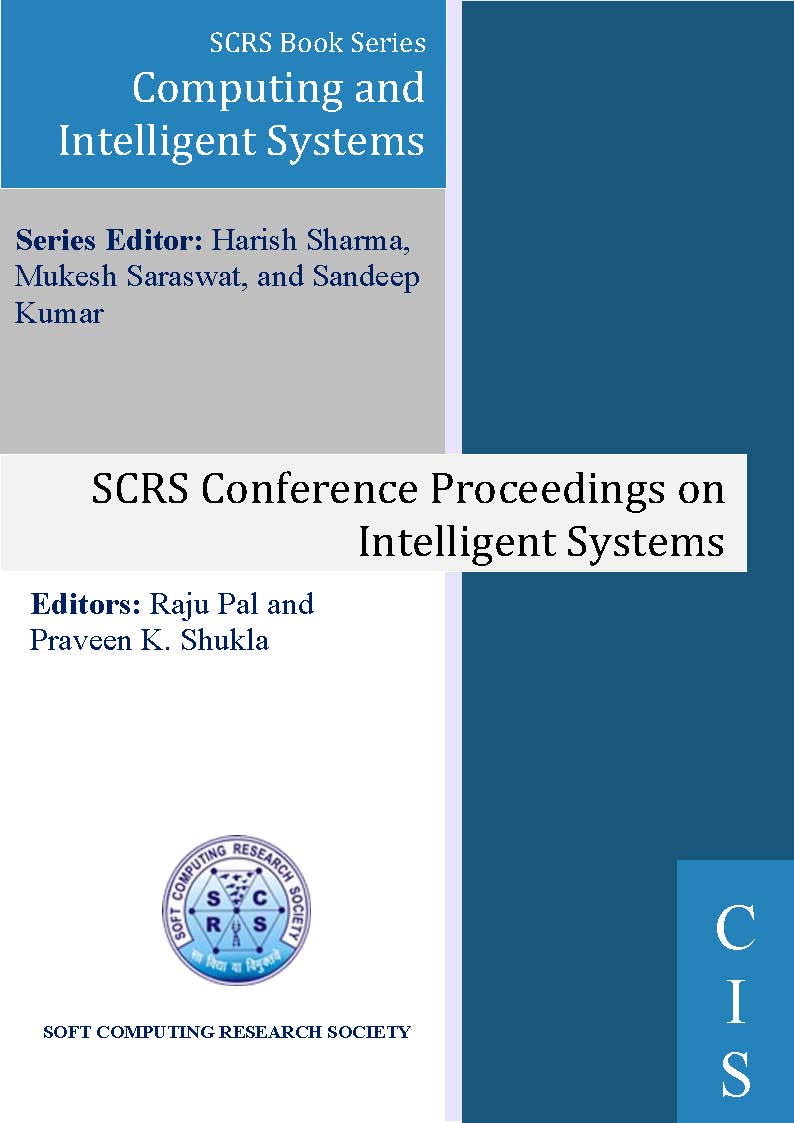
Minimizing Carbon Emission And on-Time Delivery of Frozen Food Items Under Uncertain Environment With a Case Study
Authors: Pooja Bhakuni, Mayank Singh Bhakuni and Amrit Das
Publishing Date: 10-04-2023
ISBN: 978-81-955020-5-9
Abstract
Due to the sheer rising demand request for frozen food that requires less cooking time, the worldwide frozen food market is predicted to rise at a strong compound annual growth rate throughout the forecast time frame. Frozen food requires cold supply chain for its transportation which is a major contributor of carbon emissions. In this research work a new frozen food multi-objective transportation model is introduced that aims in minimizing carbon emissions and time taken for transportation and packaging of the frozen food item. To widen the horizon of application of model impreciseness or uncertainty in the environment of transportation is considered using triangular type-2 fuzzy variable. Fuzzy to crisp conversion is performed using the CV-based reduction technique with generalized credibility. The model is further implemented on a case study over city of Bangalore in India. Optimal solution using two different compromised programming techniques, i.e. GCM and FGP are obtained and compared. Lingo optimizer solver is used for soft computing of the model.
Keywords
Frozen food transportation model, cold supply chain, carbon emission, triangular type-2 fuzzy variable, global criterion method (GCM), fuzzy goal programming (FGP).
Cite as
Pooja Bhakuni, Mayank Singh Bhakuni and Amrit Das, "Minimizing Carbon Emission And on-Time Delivery of Frozen Food Items Under Uncertain Environment With a Case Study", In: Saroj Hiranwal and Garima Mathur (eds), Artificial Intelligence and Communication Technologies, SCRS, India, 2023, pp. 963-983. https://doi.org/10.52458/978-81-955020-5-9-92